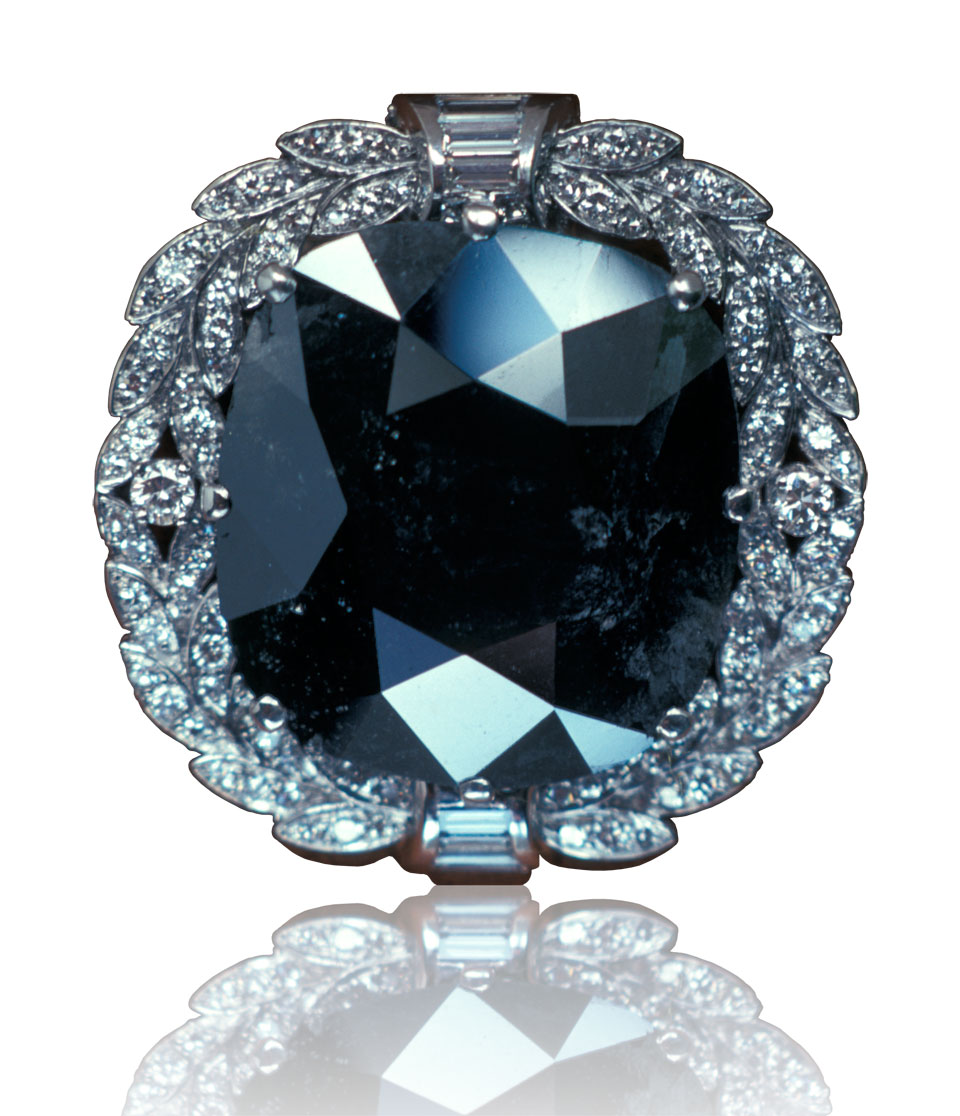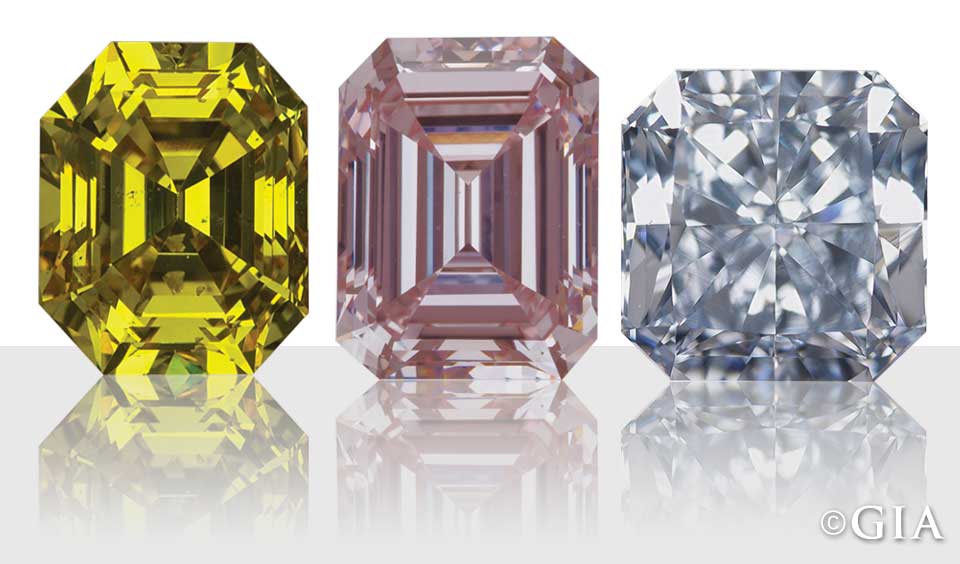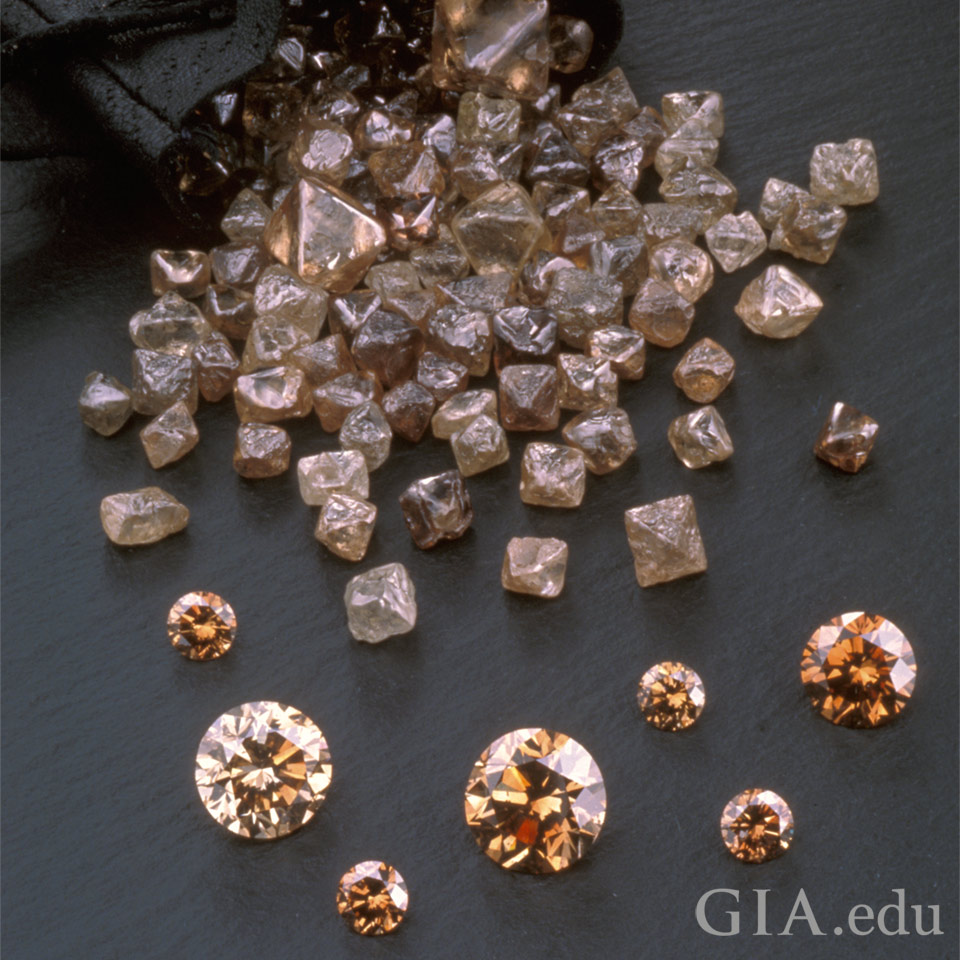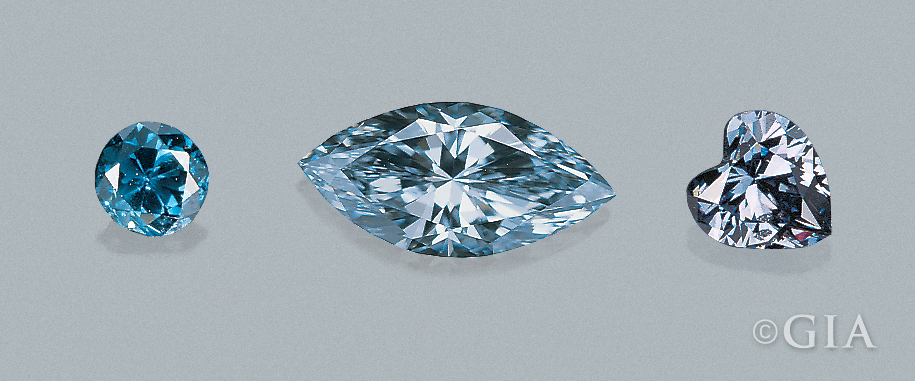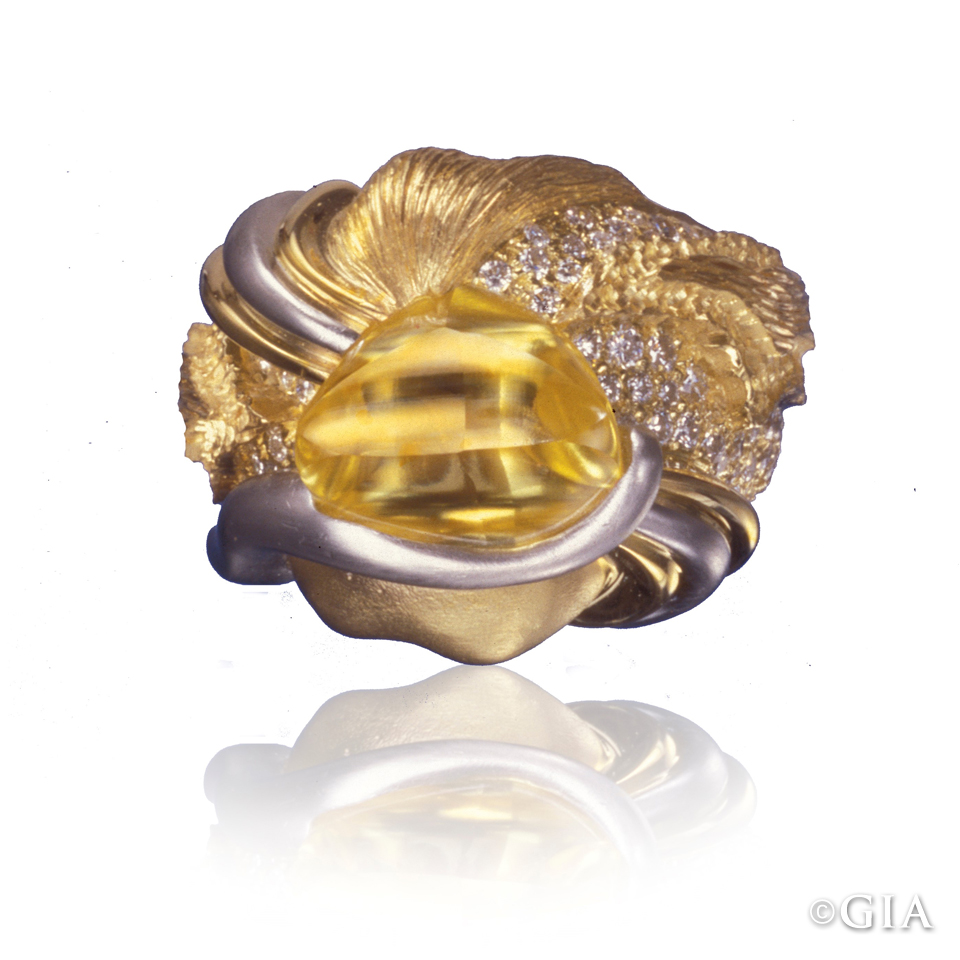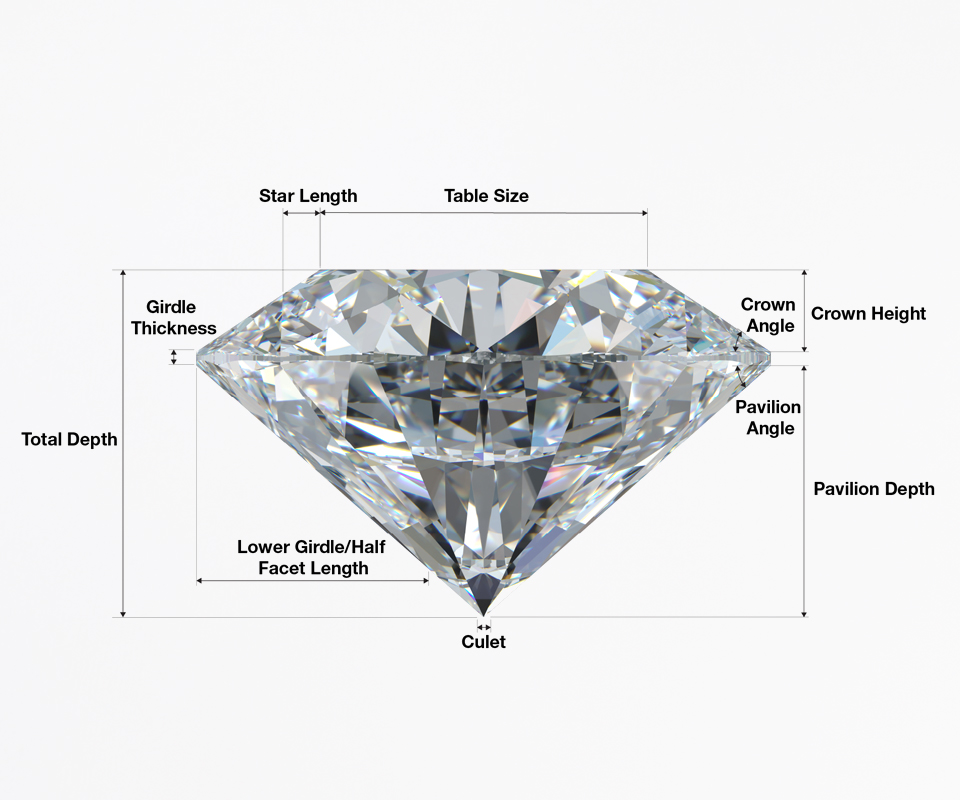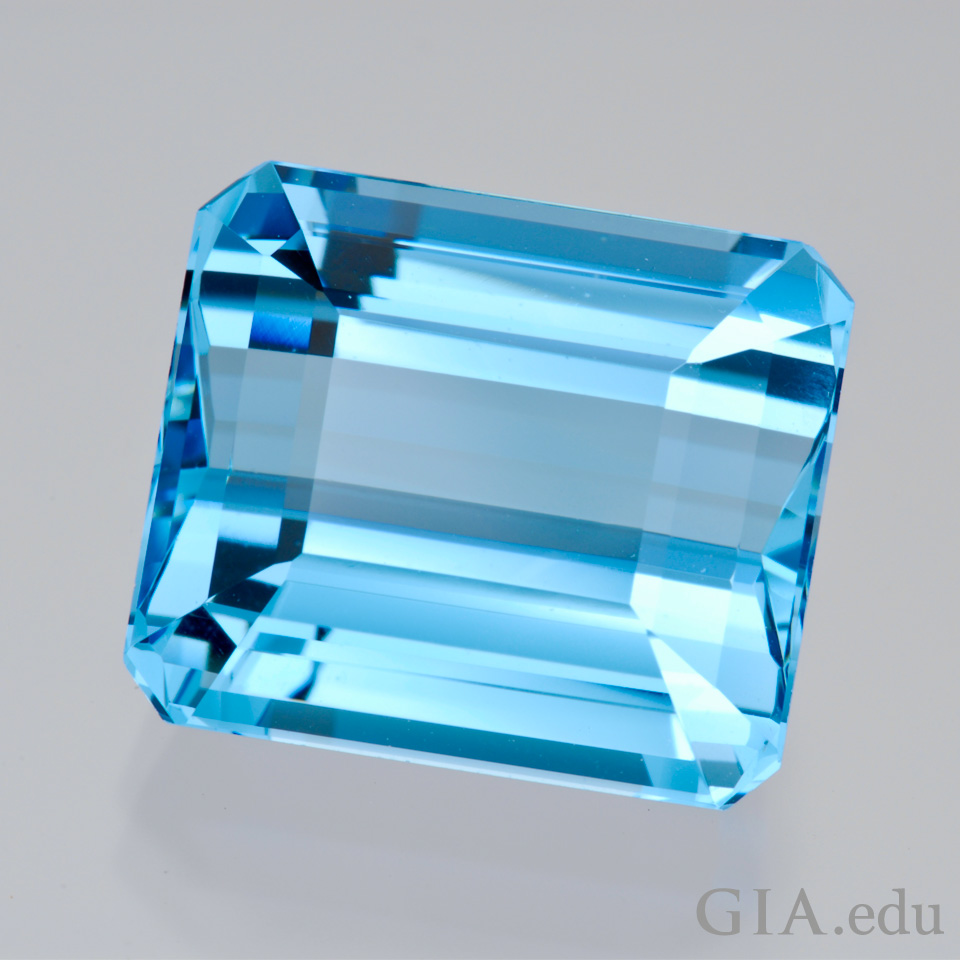March 2nd is a special day for us at GIA, jewelry aficionados, and those shopping for diamonds and diamond engagement rings: it’s the birthday of Richard T. Liddicoat (1918 – 2002) – the father of modern gemology, an inspiring teacher to thousands of jewelers, and a leader in the development of the GIA International Diamond Grading System™ and GIA diamond grading reports. (more…)

